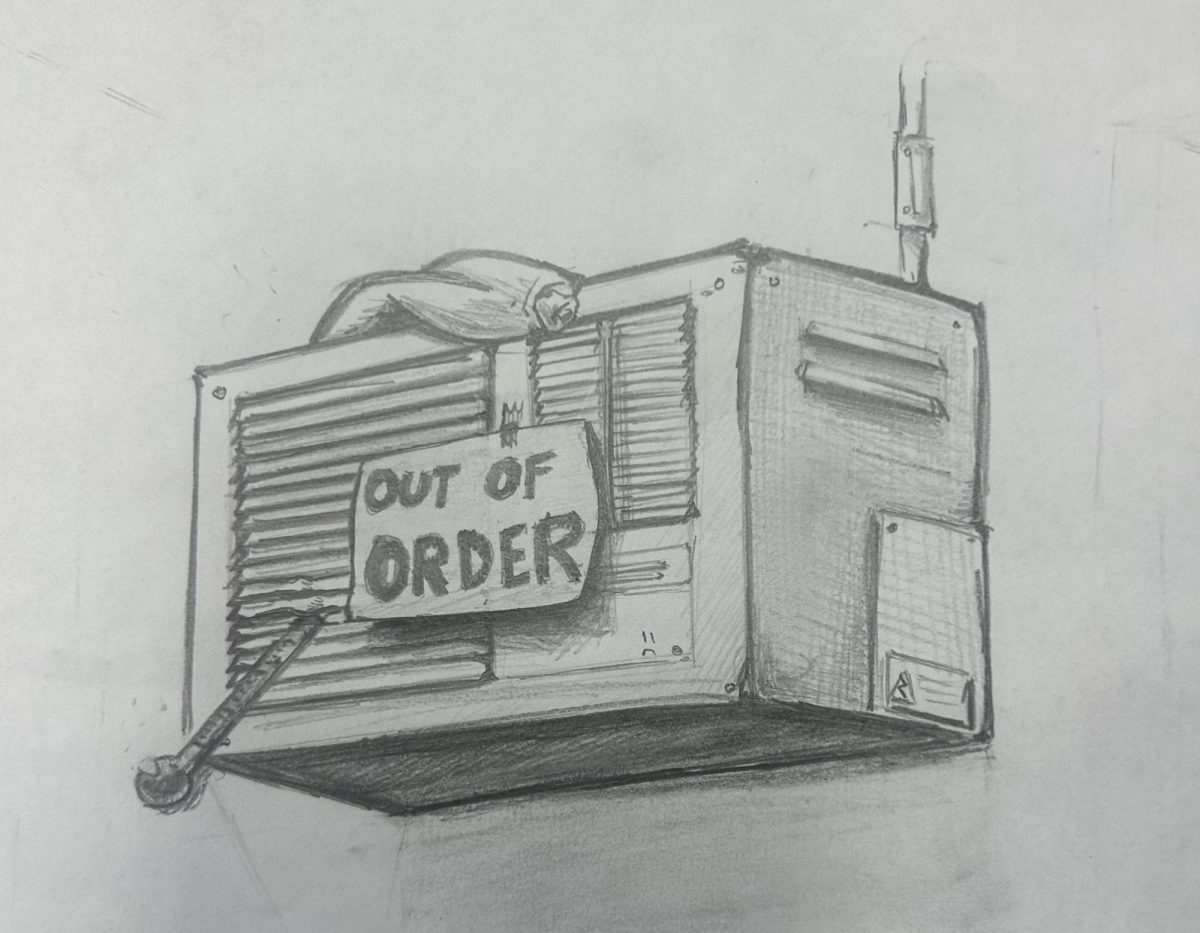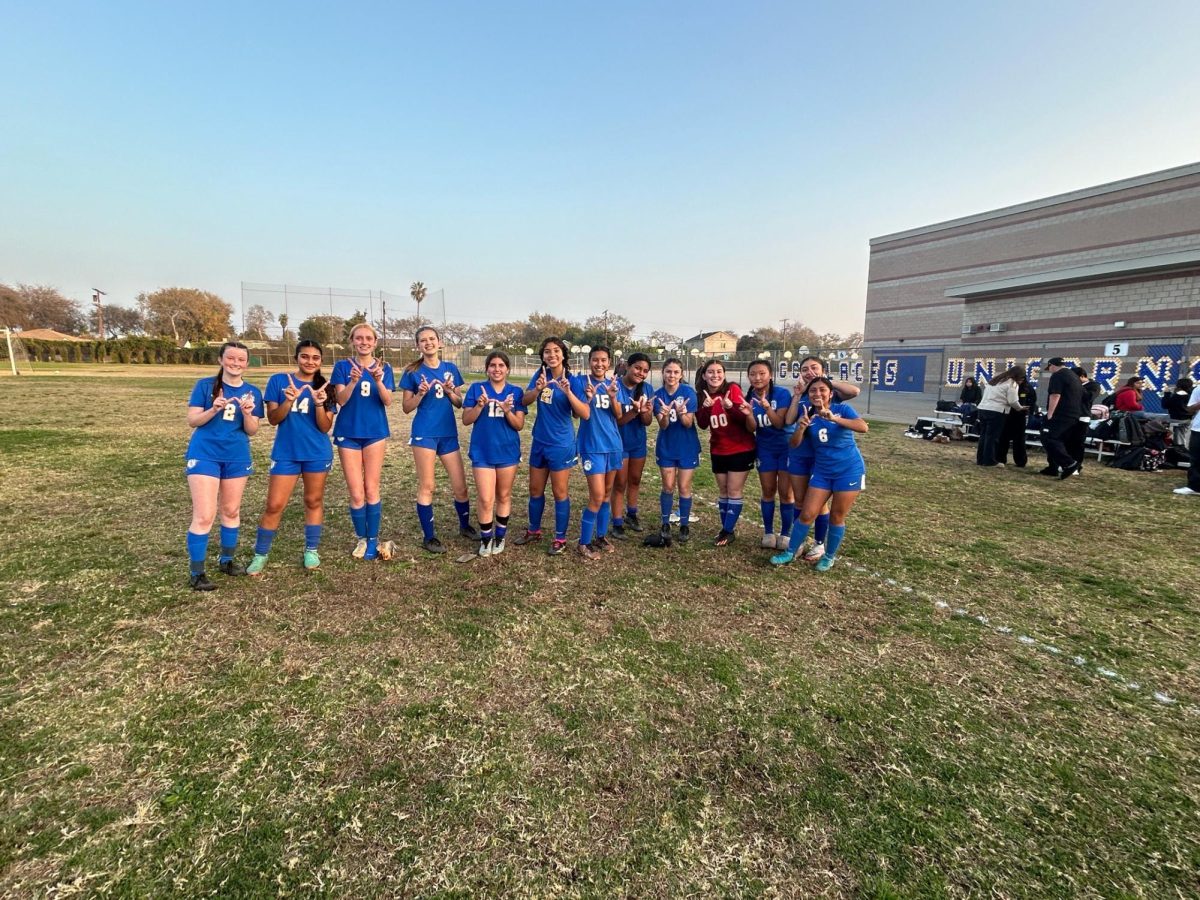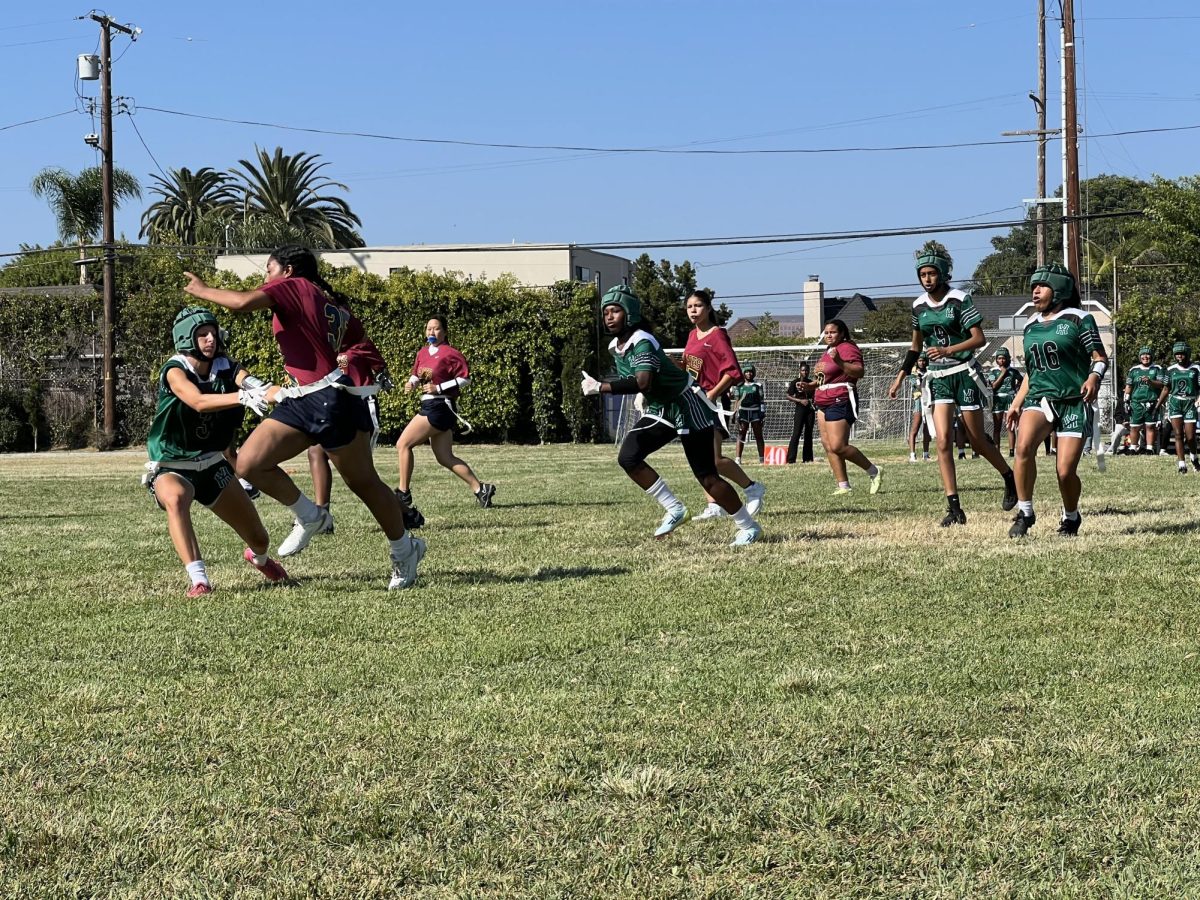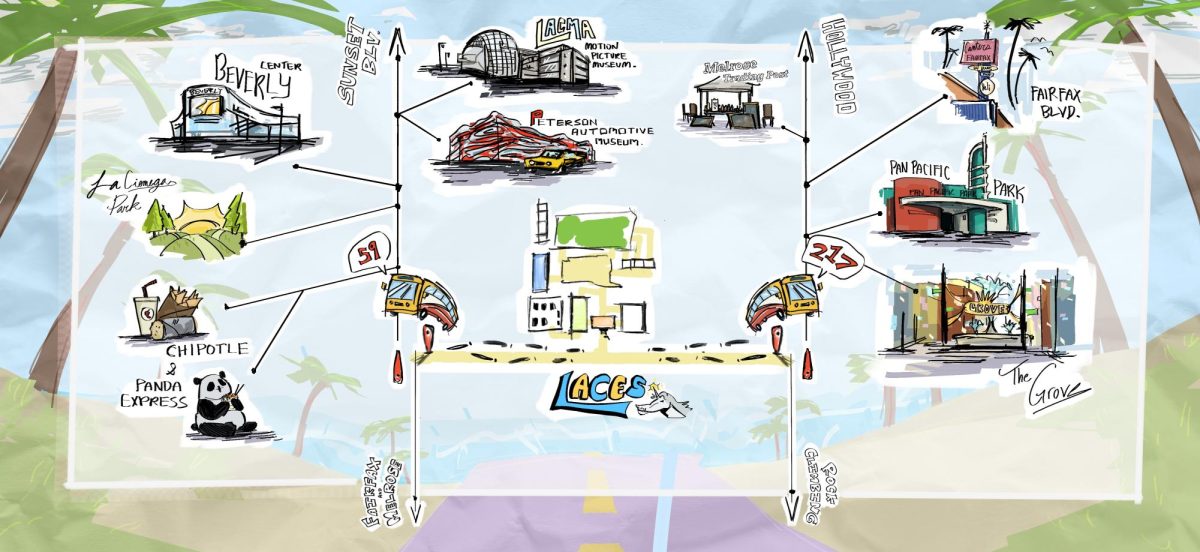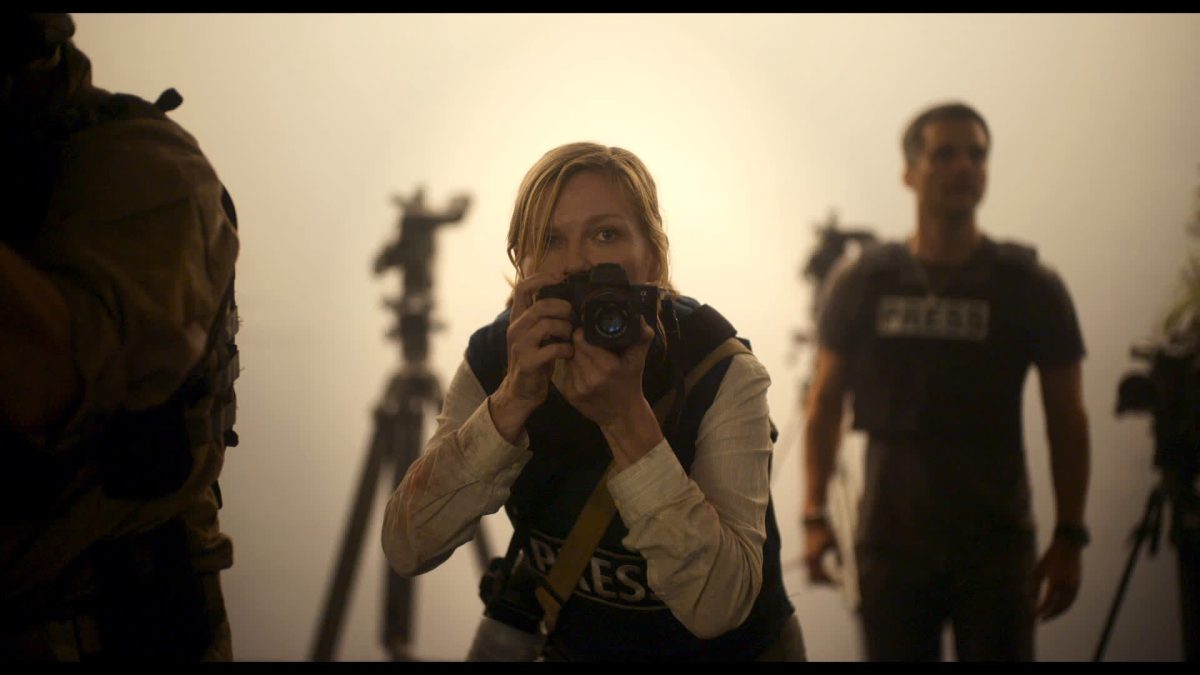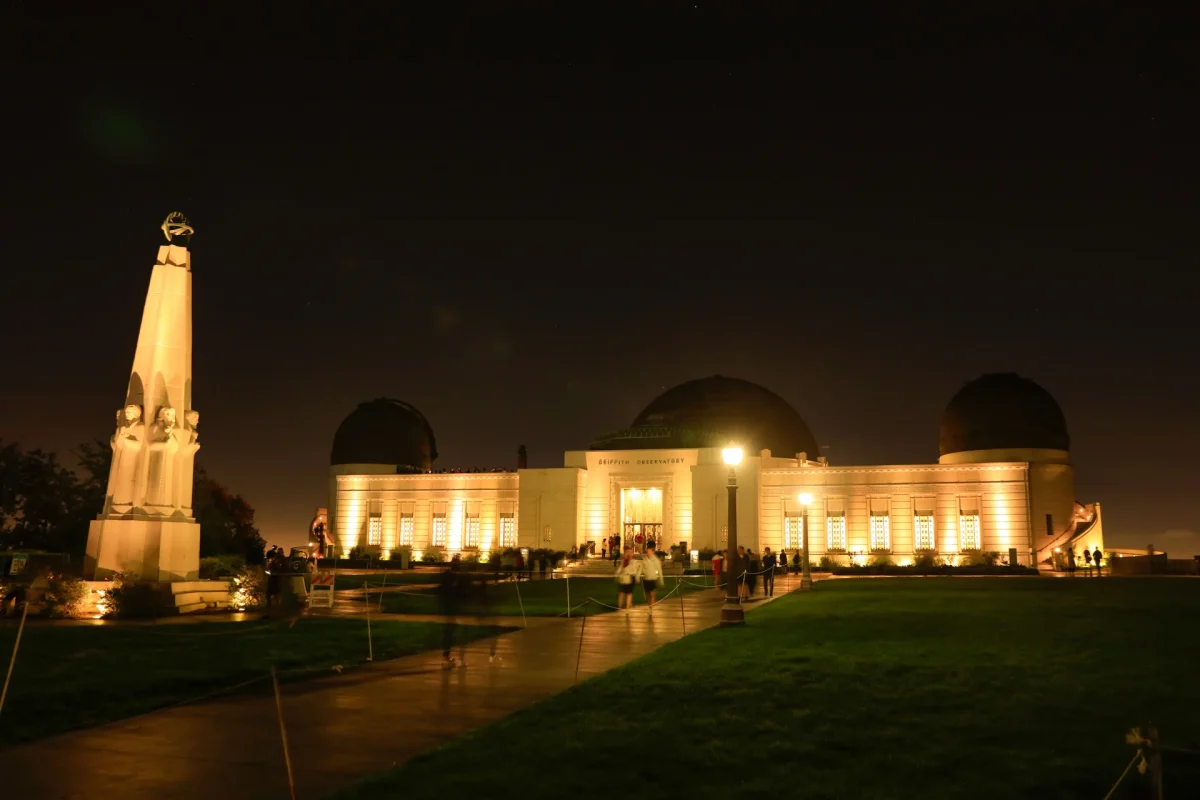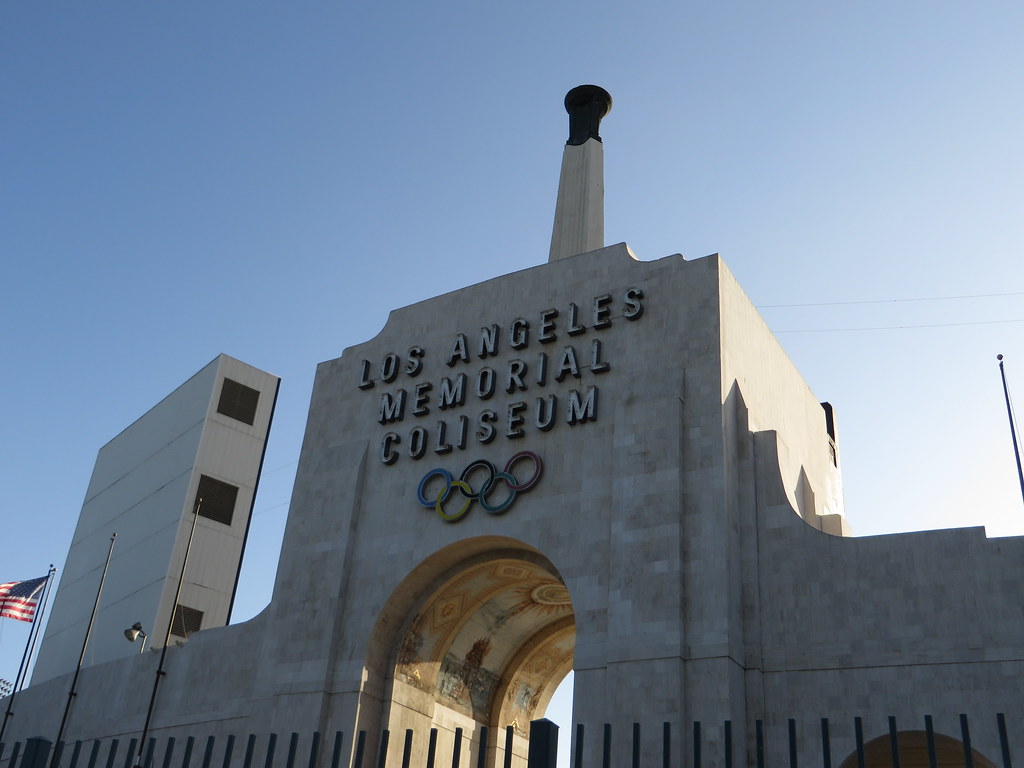A low, distorted rumble, soon joined by what sounds like a staccato car horn that develops into a rhythm. It opens to a Dutch-angle conflict between delirious, thirsty civilians and restless riot police, all shot with a wide-open aperture that isolates each subject in swirling anamorphic bokeh. Neither the civilians nor the police are ever shot in focus together, which emotionally separates each brutal, swift exchange of lead and fists as the bloodbath unfolds. A24’s Civil War tells the audience from the beginning that this isn’t a war between one group and the other; it’s you and everyone else who wants to either kill you or trample you in search of food.
In the near future, California and Texas have formed the Western Forces and are conducting a siege on the White House where the third-term fascist president resides. Kirsten Dunst leads the film as Lee, a seasoned war photojournalist hoping to capture the action in the nation’s divided capital. Lee’s stone-faced expression watching the massacres unfold through her viewfinder almost renders us also apathetic to the inhumane violence. But although her empty eyes may not show it, her close and personal photography recording soldiers and civilians’ last moments is an empathetic cry for peace.
Lee and the journalists’ encounter with an anonymous soldier played by Jesse Plemons is particularly memorable. The bone-chilling tension between the politically ambiguous character and the geographically diverse journalists amplifies the entire meaning of the film. Spaeny told Entertainment Weekly of Plemons’ in-character intensity even while off-screen, and it certainly paid off. His casual attitude while toying with the journalists’ lives and questioning “What kind of American” they are represents the nation divided by apathy for the “other.”
Despite the film’s polarizing subject matter, Alex Garland never takes a side with the secessionists or the American republic in the film; his argument is that there should be no sides. It’s understandable that he wanted to focus on the journalists’ story, but their stakes in the conflict rarely develop beyond a survival professional interest. The inexplicable on-screen alliance between Texas and California doesn’t help either, feeling like a choice to appease both ends of the political spectrum. Civil War’s representation of the American internal turmoil is artificially neutral, and its character arcs pay the price. In the months leading up to the 2024 presidential election, the film is a (softspoken) warning against radical partisanship and an ode to the journalists who risk their lives in documenting histories.
*****
JOEL: There’s been some kind of misunderstanding here. We’re Americans.
SOLDIER #1: Okay. [Scratches beard] What kind of Americans are you?
